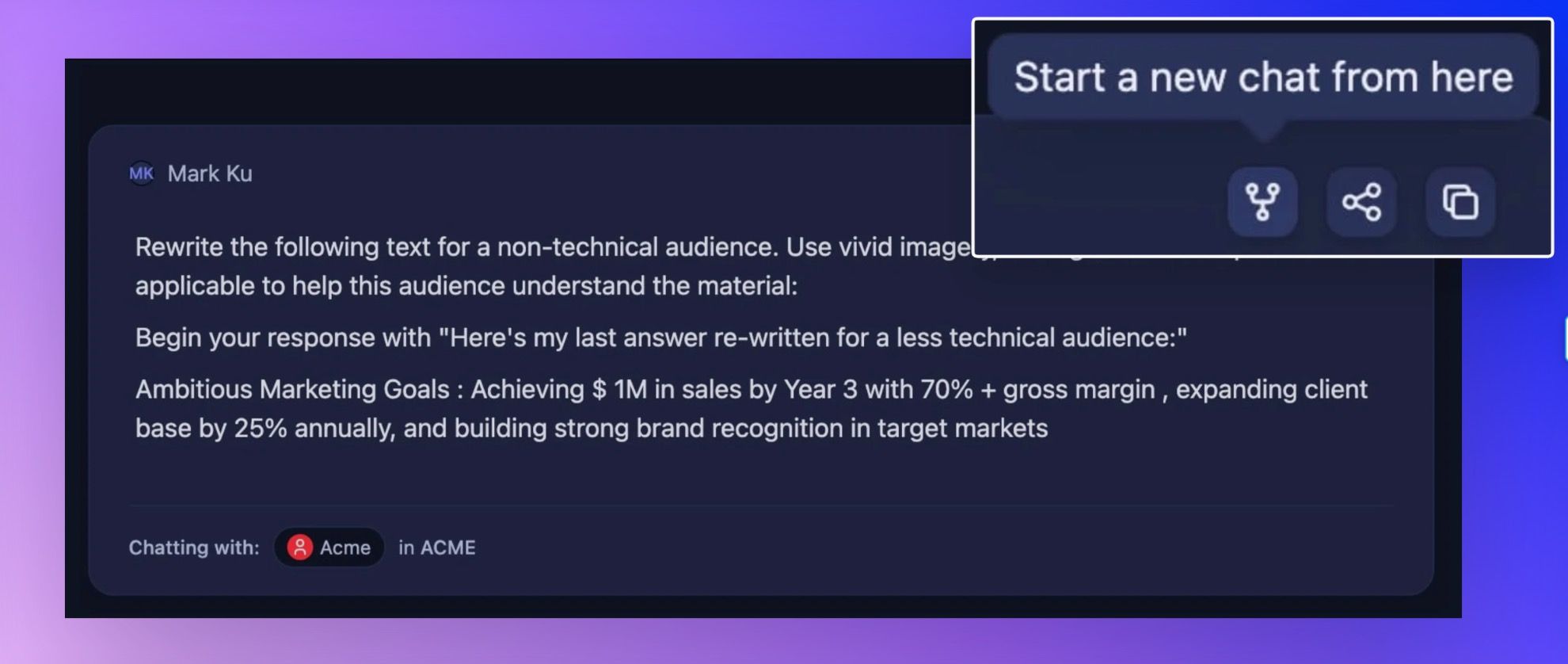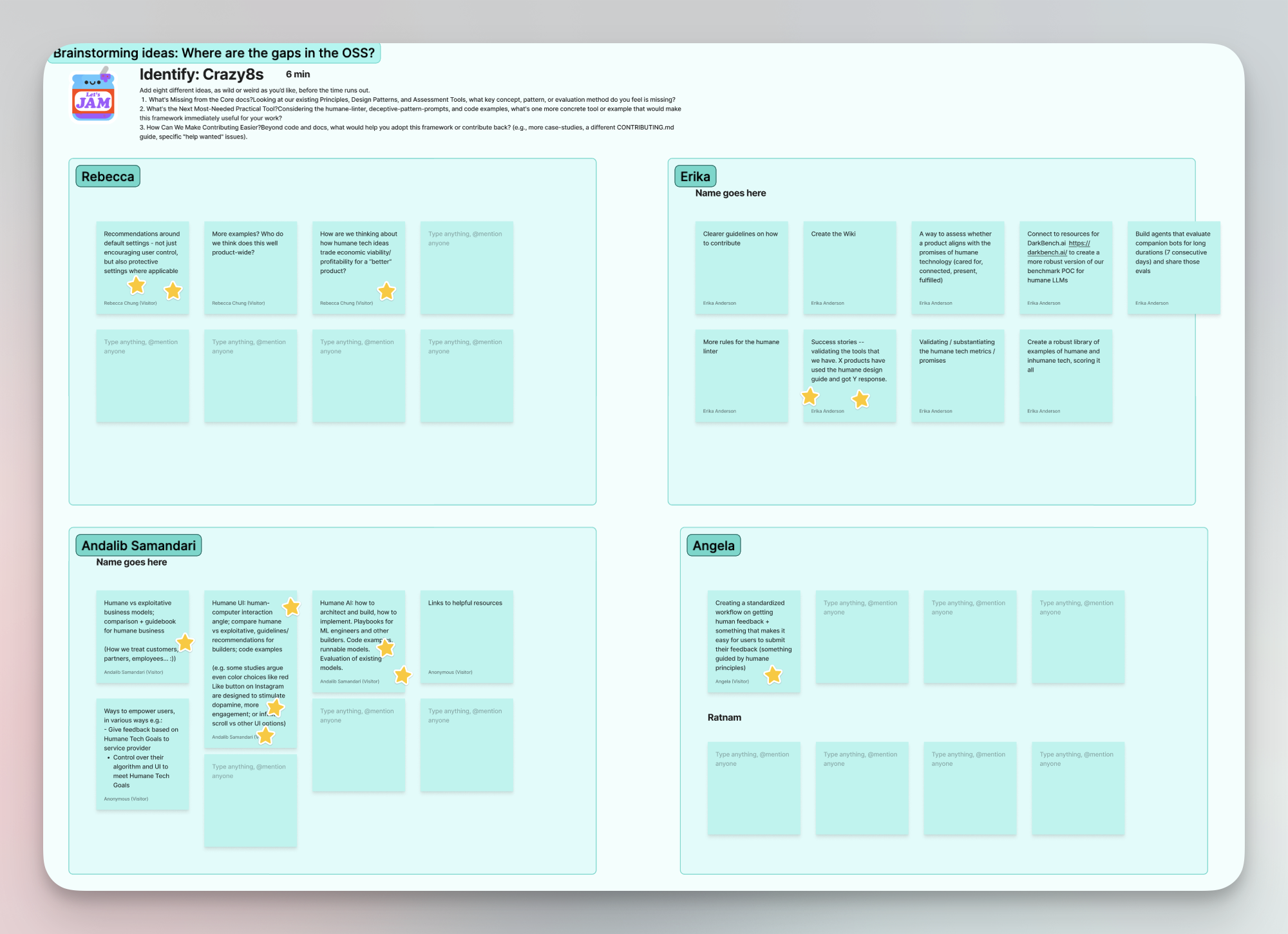Share this post
The Role of Clean Communication in Tech and Leadership
The journey behind building a human-centered product at Storytell
November 7, 2024

In a recent episode of the Inside the Workflow a podcast series by Zight, Erika Anderson, Chief Customer Officer and co-Founder of Storytell, shared her journey towards creating AI that prioritizes connection and humanity over mere efficiency. With a strong background in content strategy and ethical tech, Erika is passionate about building tools that emphasize empathy and true engagement. Let's dive into the main themes she discussed.
Erika introduced Clean Communication, a framework she developed to encourage transparent and empathetic exchanges in business. Inspired by Simon Sinek's "Start with Why," she urges teams to think about the bigger purpose behind their actions. She asks, "Why do we want to give each other helpful feedback?" Effective communication, according to Erika, is not just about passing information—it's about storytelling and involving everyone in the narrative.
In her leadership role, Erika stresses the importance of making interaction a conversation, not a lecture. By promoting open dialogue, companies can create an environment where everyone feels valued and encouraged to contribute.
Understanding Humane Technology: What Does It Mean?
Erika's take on human-centered AI was a standout part of the discussion. Tackling the common view of AI as cold and robotic, she argues that AI should support human goals and well-being. Citing the Center for Humane Technology's guiding question—How can technology treat our attention and intention as sacred?—she explains how Storytell creates tools that respect user focus, helping to enhance decision-making and work-life balance.
Erika defines humane technology as technology that prioritizes the well-being and empowerment of users over profit-driven metrics. According to her, this approach goes beyond designing user-friendly interfaces; it means considering the long-term impact of products on individuals and communities.
She notes that humane technology should:
- Support rather than exploit user attention.
- Foster genuine connections rather than addiction.
- Respect user privacy as a fundamental right.
Erika argues that implementing humane design principles requires tech companies to shift focus from engagement and monetization metrics to what truly serves people’s lives in positive ways.
Challenges in Embracing AI
Many organizations face hurdles when adopting AI, and Erika pointed out two major ones: data privacy concerns and the need for behavior change. Clients often ask, "Are you training on my data?" Erika assures them that Storytell is committed to strict data privacy, never using personal data for training purposes.
Erika also highlighted the necessity of AI education. Unlike traditional software, AI requires users to adapt to a different way of working. She encourages an iterative approach, teaching users to effectively prompt and refine AI outputs, transforming AI into a reliable and trustworthy tool.
The Impact of Personalized Storytelling
Erika's thoughts on personalized communication were especially inspiring. She explained how Storytell's AI tools enable companies to craft highly tailored proposals, leading to higher acceptance rates. Personalization turns routine interactions into meaningful ones, allowing businesses to connect authentically with their customers. "Personalization has been around for ages," she noted, "but AI makes it truly achievable."
For Erika, personalization is more than a trend; it's a way to make customers feel understood and valued. By tailoring communications at scale, businesses can build stronger relationships, fostering loyalty and trust.
Balancing Empathy and Structure in Leadership
Navigating the fast-paced tech landscape requires leaders to blend empathy with a focus on results. Erika champions a mix of clarity and compassion, particularly in startup environments. By implementing "Clean Communication," she equips her team with the tools to give and receive feedback effectively, nurturing an open dialogue space. She also emphasized clear roles and responsibilities, using frameworks like RACI to avoid confusion and promote accountability.
Erika's leadership fosters a setting where goals are clear, roles are defined, and everyone feels empowered to contribute. This approach not only supports individual well-being but also drives collective success, keeping the team aligned with the company's mission.
Creating AI to Enhance Meaningful Work
Here at Storytell our mission is to "make life meaningful by making work meaningful." Erika shared that their goal is to develop AI tools that make users feel like "superheroes" in their roles. Whether improving work-life balance, boosting productivity, or simply making tasks enjoyable, Storytell wants users to find joy and purpose in their work.
By freeing users from routine tasks, Storytell allows them to concentrate on work that matters most. This approach boosts productivity and promotes fulfillment. As Erika put it, Storytell aims to "turn people into superheroes," empowering them to make significant contributions in their fields.
Erika's vision for Storytell underscores AI's potential to transform the workplace for the better. Through Clean Communication, personalized interactions, and user-respecting tools, Storytell exemplifies how technology can enhance—not detract from—our humanity.
Focusing on empathy, personalization, and purpose, Storytell aspires to pave the way for a future where AI not only makes us more efficient but also helps us lead more meaningful, connected lives. This conversation with Erika Anderson offers valuable insights and a hopeful vision for those interested in how technology can truly support humanity.
This blog post is generated using Storytell, using transcript insights from the podcast.
Gallery
No items found.
Changelogs
Here's what we rolled out this week
No items found.


